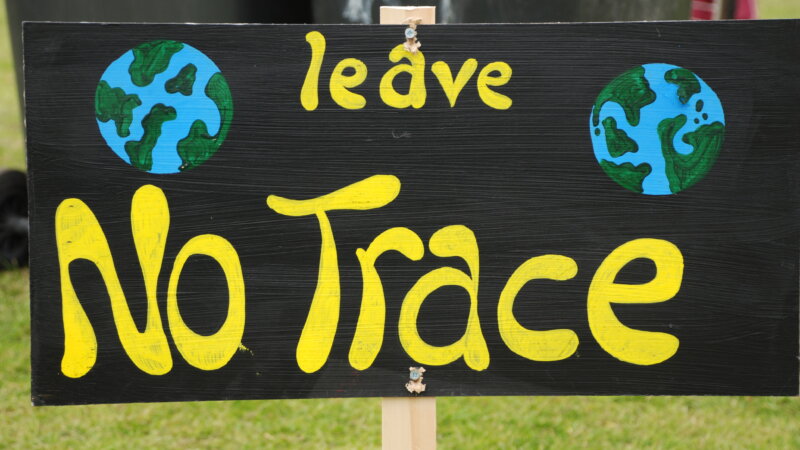Sacred Economics: By Charles Eisenstein
Remember the 2012 apocalypse hype? With the benefit of hindsight (and foresight) it was easy to laugh off as some crackpot interpretation of the Mayan calender. Yet #doomsday2012 still rose to the fore of public consciousness, generating comment from all sides, including NASA. Any shred of authority demanded by the doomsdayers was annihilated by these and other scientific organisations, but still the media feeding frenzy continued. People find apocalypse strangely seductive, as fans of the film Zombieland will attest.
It was in this seduced state (seduced by climate change and oil depletion: sexy!) that I lapped up a related book - Michael Greer's Ecotechnic Future - and praised it in Now Then #37. To summarise, Greer believes industrial civilisation, including tarmac roads, office jobs and the internet, is disintegrating, resulting in neither apocalypse nor utopia, but an intermediary state. This state includes hardship and suffering, but also stronger communities, new exciting stories about who we are and the end of pointless consumerism.
The problem is that industrial civilisation shows no sign of slowing down, let alone of pressing the auto-disintegrate button any-time soon. On the contrary, hyper capitalism has proved to be a tough old bugger, akin to Wile E Coyote from Looney Tunes; it takes a hammering from every side yet always comes back to terrorise us again. Even after its founding assumptions are disproved and worldwide waves of protest decry its idiocy, the bastard just won't die. Land-grabs, adverts targeting children and new oil drilling techniques ensure that Greer's expectation, that the metaphorical Wile E will finally just top himself, is optimistic to say the least.
Sacred Economics by Charles Eisenstein is equally visionary, but starts from a different premise; the monetary machine that directs human affairs has gone AWOL and now benefits no-one, least of all the degraded psychopaths at the top, who try in vain to control the beast. Like Greer, Eisenstein encourages de-monetising your life, focussing instead on true wealth; the people and environment that surround you. Unlike Greer, he believes in creating a much better world: "Are we so broken that we would aspire to anything less than a sacred world?"
This may seem utopian, but Sacred Economics provides pragmatic solutions at every level. Individuals can replace monetary relationships with real ones, buy less and re-use more. Communities can set-up social enterprises. And, when the current batch of growth-obsessed politicians get booted out of office, nations can implement a raft of sensible measures to exorcise the financial demons from our economy.
Sacred Economics is a cracking read that I cannot recommend highly enough. If you're not sure about beg-borrow-or-buying such a chunky lump of paper, you're free to grab every chapter of it from the internet, where it has been placed in its entirety under a Creative Commons licence at sacred-economics.com )





